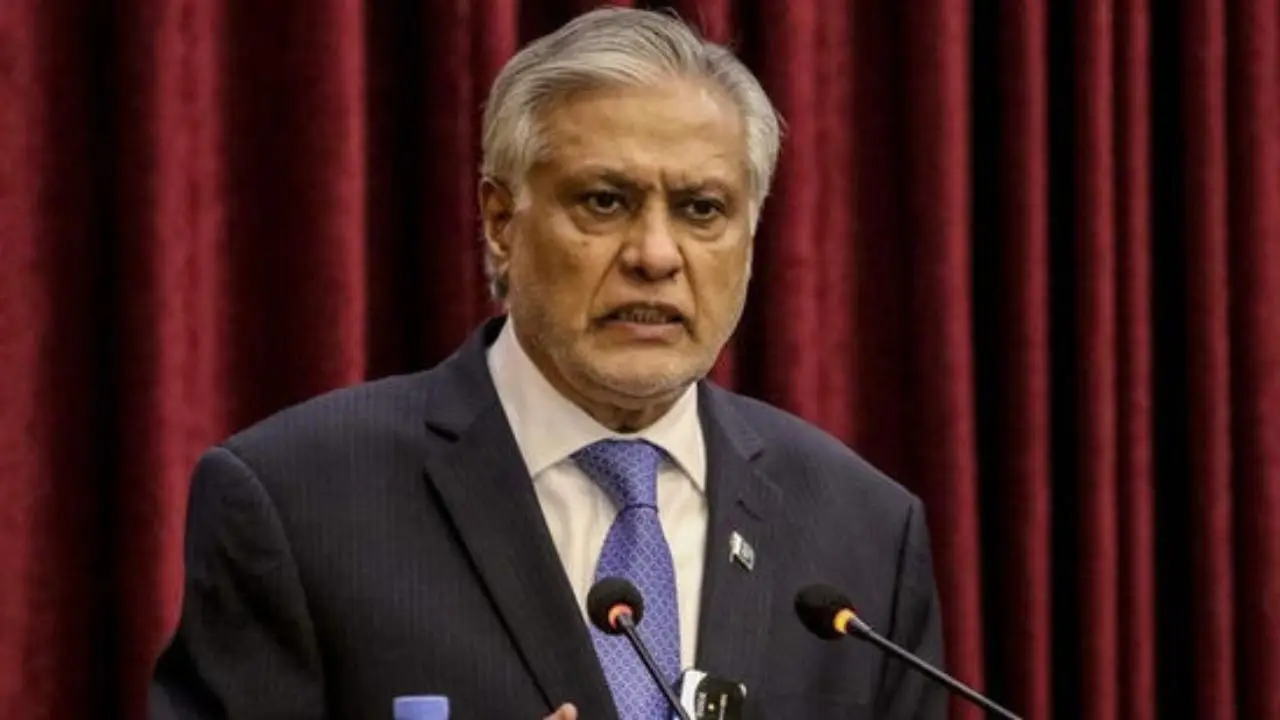
Pakistan minister calls for ‘dialogue’ with India, warns over Indus Waters Treaty (Social Media)
The relationship between India and Pakistan has been a complex and tumultuous one, with both countries having a long history of conflict and tension. Recently, Pakistan's Foreign Minister Ishaq Dar called for a "composite dialogue" with India to resolve all contentious issues between the two nations. But is this a genuine attempt at peace, or is Pakistan just trying to gain an upper hand in the diplomatic game?
One of the strongest issues of conflict between India and Pakistan is the Indus Waters Treaty (IWT), which India suspended after the April 22 Pahalgam terror attack. Pakistan has protested vehemently against the move, with Ishaq Dar cautioning that any move to strangle Pakistan's water supply would be "an act of war." This leaves one wondering about Pakistan's motives and whether they want a peaceful solution or not.
Ishaq Dar's invitation to a composite dialogue with India is not new. Pakistan has been seeking such a dialogue for years, but India has been reluctant to come to the negotiating table for talks that could undermine its position on terrorism. Dar's assurance that Pakistan wishes to resolve all issues of controversy through dialogue sounds encouraging, but the issue remains whether India will accept to go into talks that could undermine its national security.
India's Foreign Affairs Minister S Jaishankar has clarified that negotiations with Pakistan would only be for its sponsorship of cross-border terror. Jaishankar's assertion that Pakistan must extradite terrorists, shut down terrorist networks, and show concrete measures against terror is a strong indication that India will not participate in negotiations that could compromise its national security. But will Pakistan heed these demands, or will they keep playing a cat-and-mouse game with India?
The India-Pakistan ceasefire has remained in place so far, although there have been some brief drone spots over the border areas. While this is a welcome thing, no one knows how long it will last. The fact that Ishaq Dar announced the ceasefire has now been extended to May 18 only creates uncertainty on what comes next. Will the two nations extend the ceasefire, or will they return to their previous habits?
The India-Pakistan relationship is complicated, and it's uncertain if they can set aside their differences and have productive talks. Although Pakistan's appeal for composite dialogue seems promising, India's position on terrorism and national security indicates that talks will not be simple. The onus is on Pakistan, and it's their responsibility to take tangible steps against terrorism and show their sincerity towards peace.





Copyright © 2026 Top Indian News
